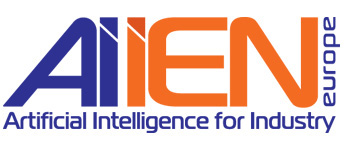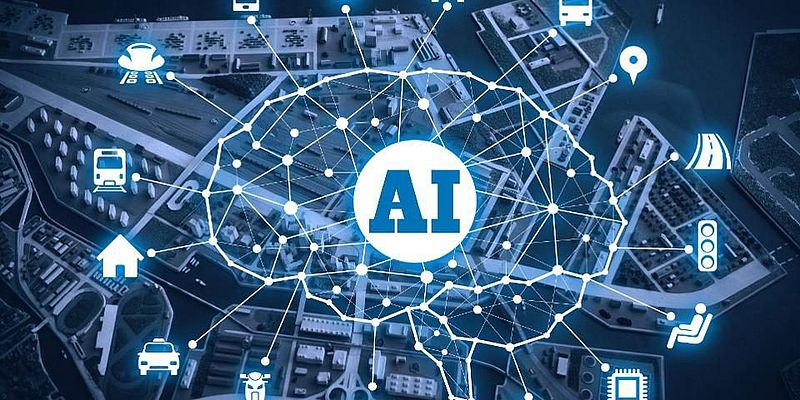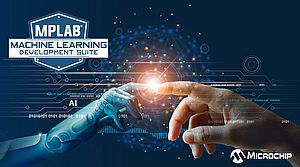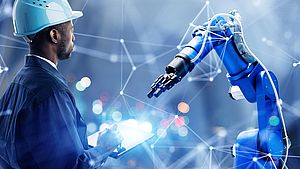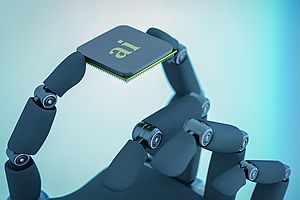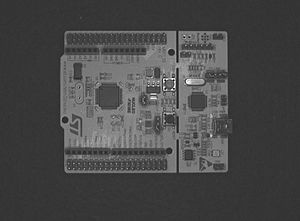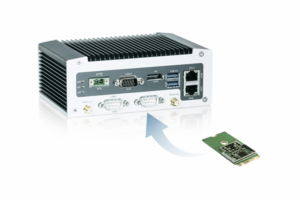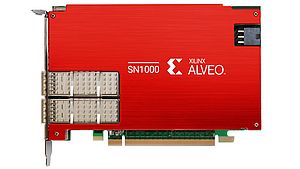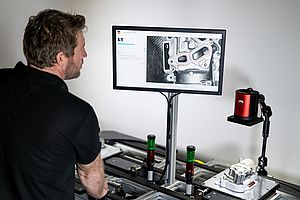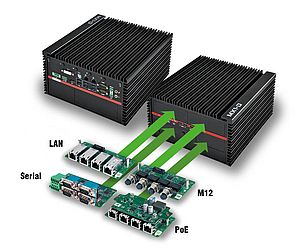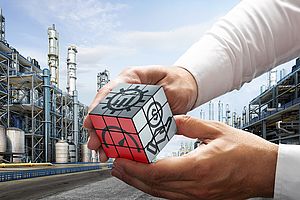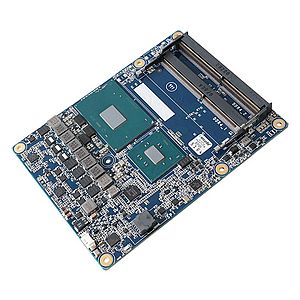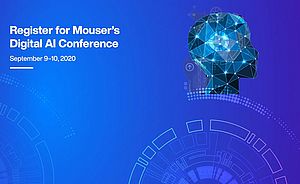Following the success of its first edition last year, TIMGlobal Media, in association with Mark-com Event, announces the second edition of AI Convention Europe. This international event dedicated to artificial intelligence had gathered more than 300 visitors and 18 qualified speakers, from companies such as SAS, IBM, Amazon, Microsoft, Robovision, Moonoia, ThinkNext, TIMi, AI Lab (VUB), ML6, Faktion, NLP Town or Excellium. The meeting took place at Bluepoint in Brussels. This year, AI Convention Europe will be hosted at Event Lounge in Brussels on October 3, 2019 in a more ambitious formula and larger capacity with a conference and networking area rising from 500m2 to 1500m2!
The first edition welcomed B2B players, start-ups, international representatives and AI experts with cross-cutting interests: business, industry, finance, entrepreneurship, health, research, education and society.
AI Convention Europe’s program aims to further shed light on a contemporary and vast topic in which Belgium has a role to play. This meeting will provide participants with a better understanding of the AI issues at different scales and will also provide an excellent opportunity for peer-to-peer meetings and exchange of views between participants that, through their ties and interest in AI, share common values and issues.
In Belgium:
Reluctant at first, Belgian players are investing more and more in artificial intelligence reflecting a real rise in power in Europe. More than 9 billion Euro have already been invested, making Belgium the seventh largest investment destination in Europe, and more than 100 million Euro were granted to young active companies in the field of AI to promote its evolution. An organization like AI 4 Belgium, a partner of AI Convention Europe, symbolizes this rise in power by a coalition of Belgian AI players whose goal is to put artificial intelligence and its implications at the top of the political agenda in Belgium. More concretely, the coalition aims to encourage political leaders to make AI and its implications one of the priorities of the next government, to inspire the public debate on the measures to be taken, to accompany the public to understand the implications of AI and how everyone’s life is being affected, to encourage the development and deployment of human-oriented AI, and finally to provide a basis for a comprehensive Belgian strategy on artificial intelligence by concentrating stakeholders in the wider ecosystem.
Belgium has strong assets for AI, in sectors such as health or biotechnology, but also for universities. For example, KUL has been rewarded as the most innovative university in the world. The goal today is to reach at least 80 million euros per year through a public investment to invest nearly a billion by 2030.
Use in industry and complementarity between AI & IoT:
The use of the term artificial intelligence dates back to the 'Dartmouth Conference' in 1956. But it is only during the last decade that the industrial potential of AI has been recognized. The main reason is that never before has there been available so much data, computing capacity, and algorithms (often open source). However, the collection and use of data have become an indispensable fuel for the industry, imposing rapid and profound transformations that have an impact on business models. The Internet of Things (IoT) is of great help in collecting data but remains new when it comes to personalization. To adapt in real time to a given situation, connected devices must understand the value of the information they collect and learn from each other. With its analytical potential, AI helps to make appropriate decisions within autonomous systems. This articulation gives birth to the AIoT, a world of artificially intelligent objects, where intelligent cars will instantly redirect their journey in the event of an accident, where a device that dispenses pharmaceuticals will understand the patient's needs and adjust the dose for an asthmatic traveler depending on its destination and pollution rate, and where a wind turbine will be able to change by itself the angle of its blades depending on the wind’s direction.
Objectives and benefits of the conference day:
• Strengthening the ecosystem between private and public decision-makers.
• Linking talents and tech skills with recruiters.
• Create synergies and business opportunities.
• Networking between partners, customers, investors, suppliers.
• Review the existing, potential and challenges of AI.
• Obtain information, experiences and testimonials from experts involved in AI.
